The Paschal Library has been a safe space for students since the school opened back in the 80s. This year, it is seeing a lot of change. In addition to the new pair of librarians, Mrs. Fitzgerald and Ms. Woods, the library is about to remove any books marked as sexually explicit from its inventory because of a new Texas bill.
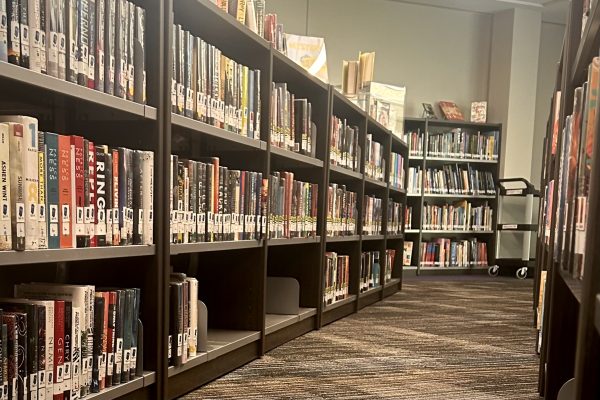
In June of this year, the Texas Senate met and voted to pass House Bill 900, which will prohibit the libraries of public schools from keeping “sexually explicit” books on their public shelves. The bill goes into effect September 1st, but libraries will not be able to update their inventories until April when the full list of books defined as sexually explicit is released.
Companies that sell books to Texas school libraries will be responsible for creating the lists, which will then be reviewed by the Texas Education Agency (TEA). The TEA is able to overrule a book’s rating if they see fit.
The TEA has given schools two options. They can either hold explicit books in a restricted section that will be inaccessible to students without parental permission or they can simply remove them from the catalogue entirely.
The Paschal Librarians have chosen to completely remove explicit books from shelves. “As of now, Paschal is not going to have a restricted section,” Librarian Teresa Woods said. In April of 2024, the Paschal Library will begin to pull books rated “explicit” from their shelves. According to Ms. Woods, this decision is subject to change depending on parental input.
In contrast, what is not subject to change is the status of House Bill 900. Texas legislature only meets once every two years so the law is here to stay at least until 2025.




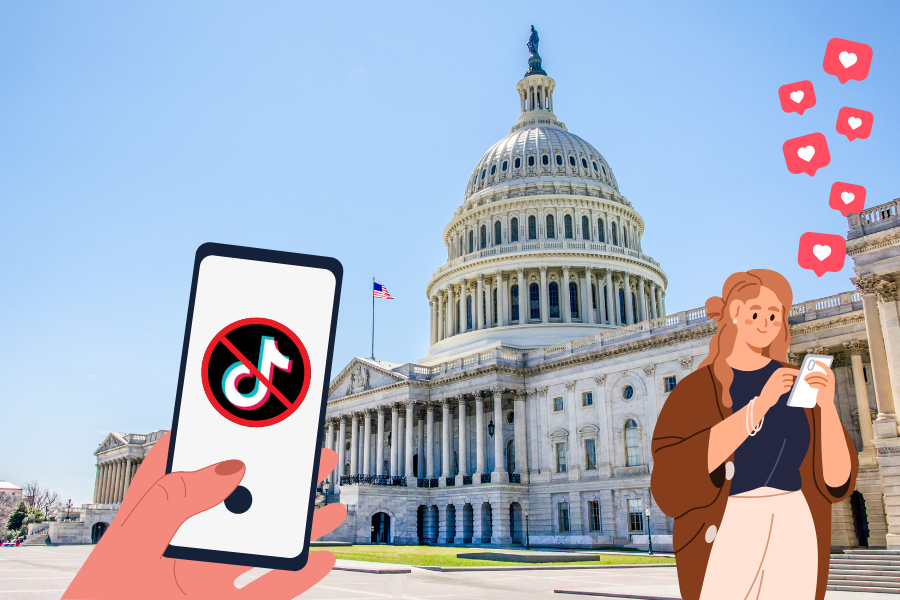
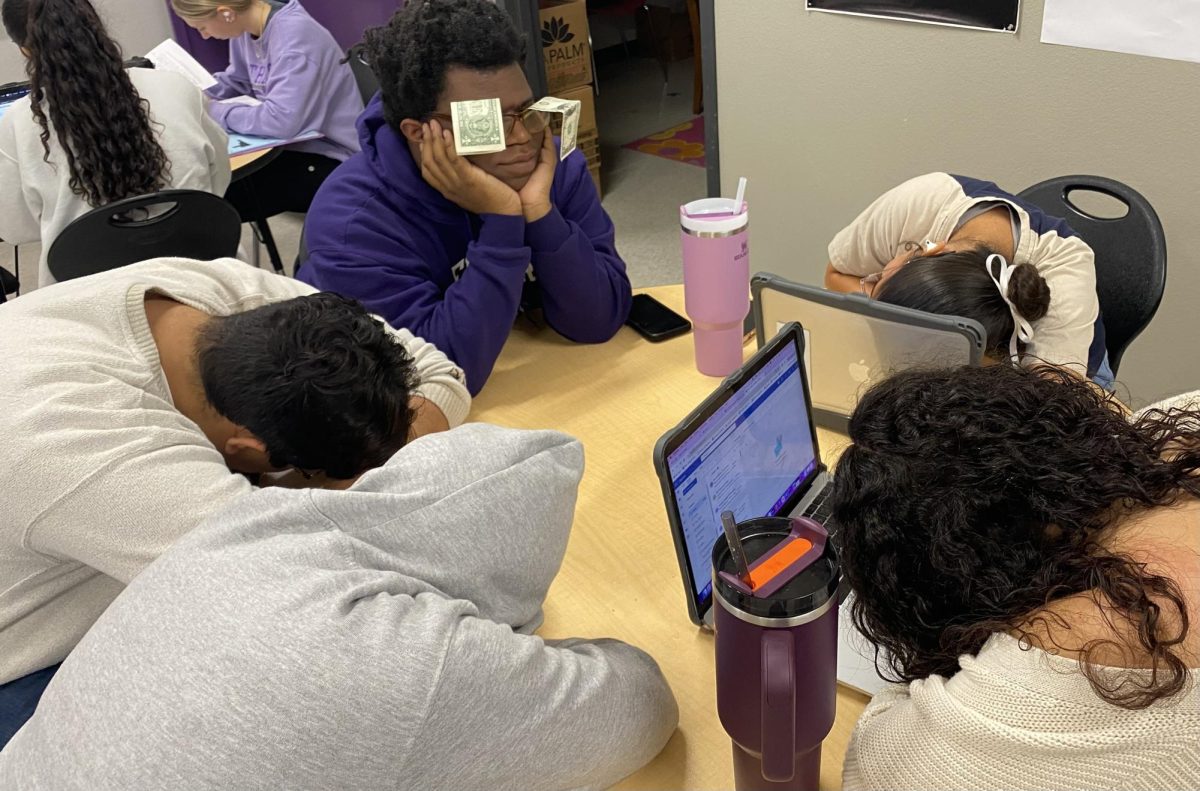
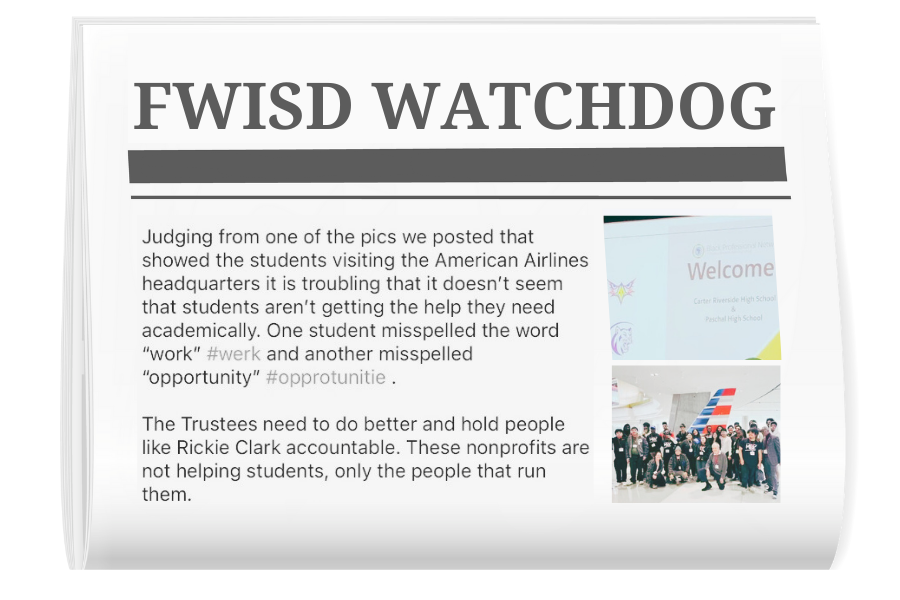


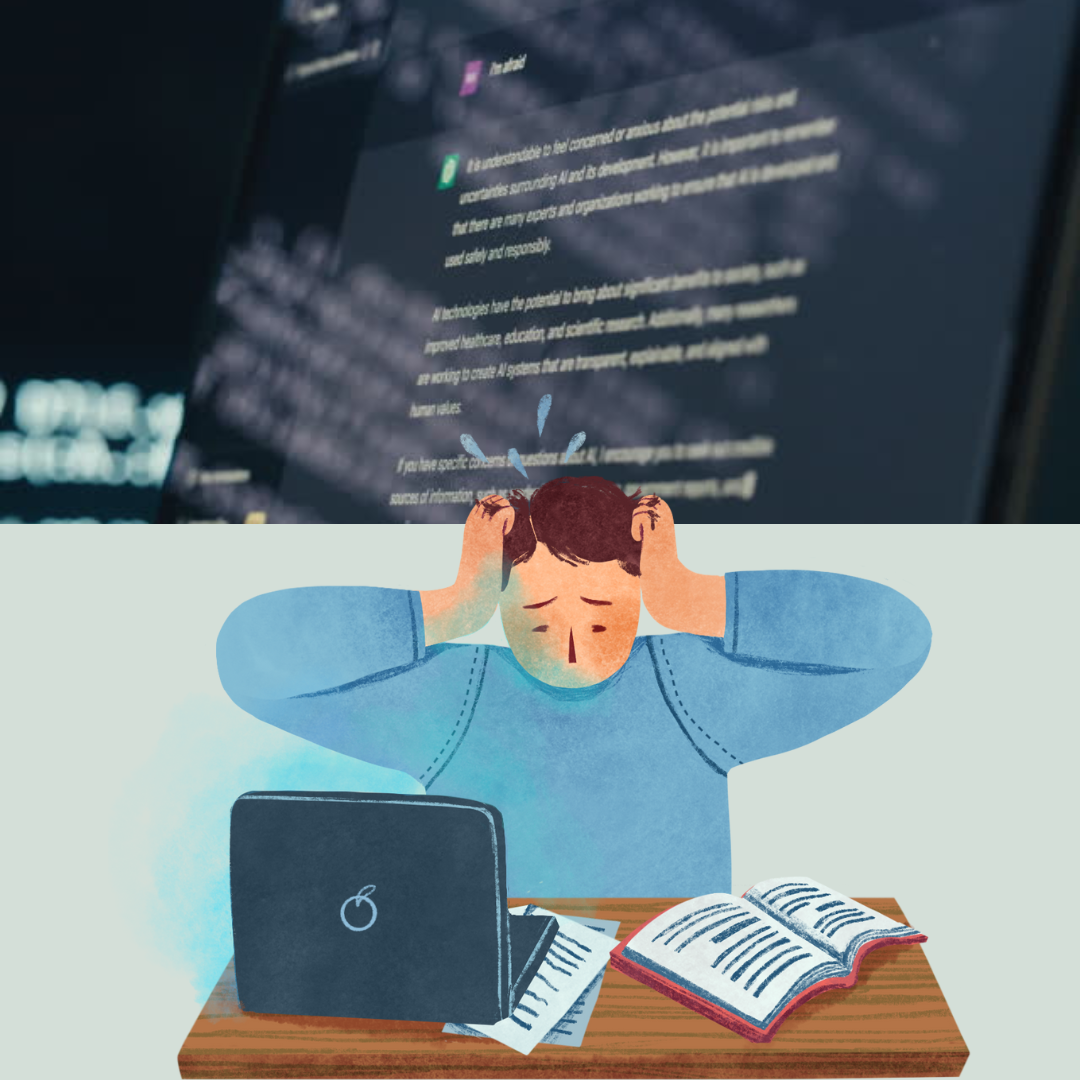









rust • Oct 11, 2023 at 4:13 pm
live laugh love librarians
J D • Sep 5, 2023 at 4:52 pm Pantherette Pick
Keep fighting the good fight, P!
Penelope Maddox • Sep 7, 2023 at 9:23 am
Thank you I miss you!
Charlie Horton • Aug 24, 2023 at 9:43 pm
this is such a crazy thing to have happen but you covered the topic very well. I’m extremely curious (and nervous) to see how the future of our relationship with literature changes.